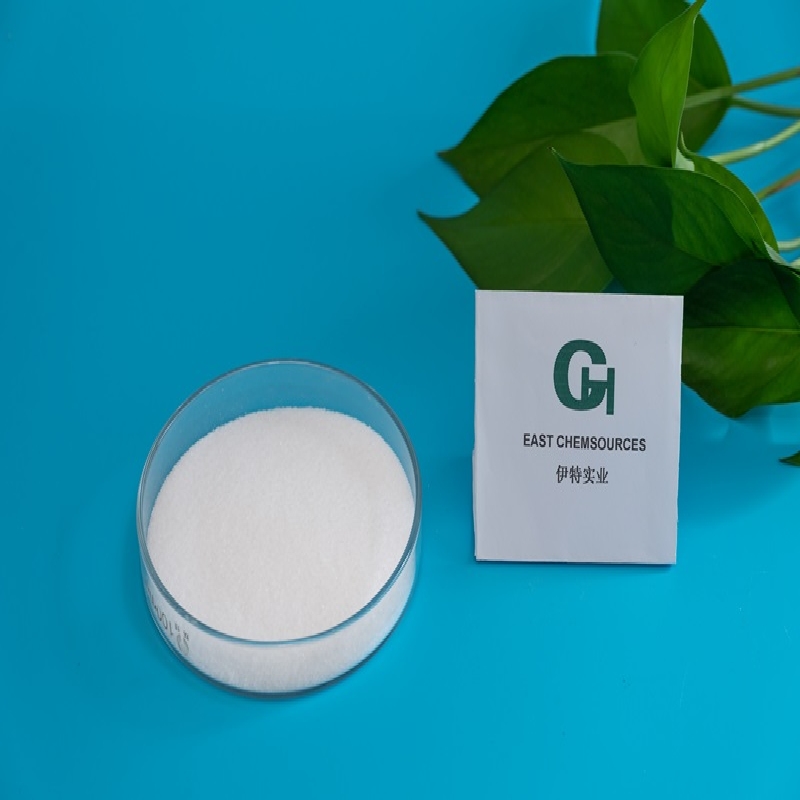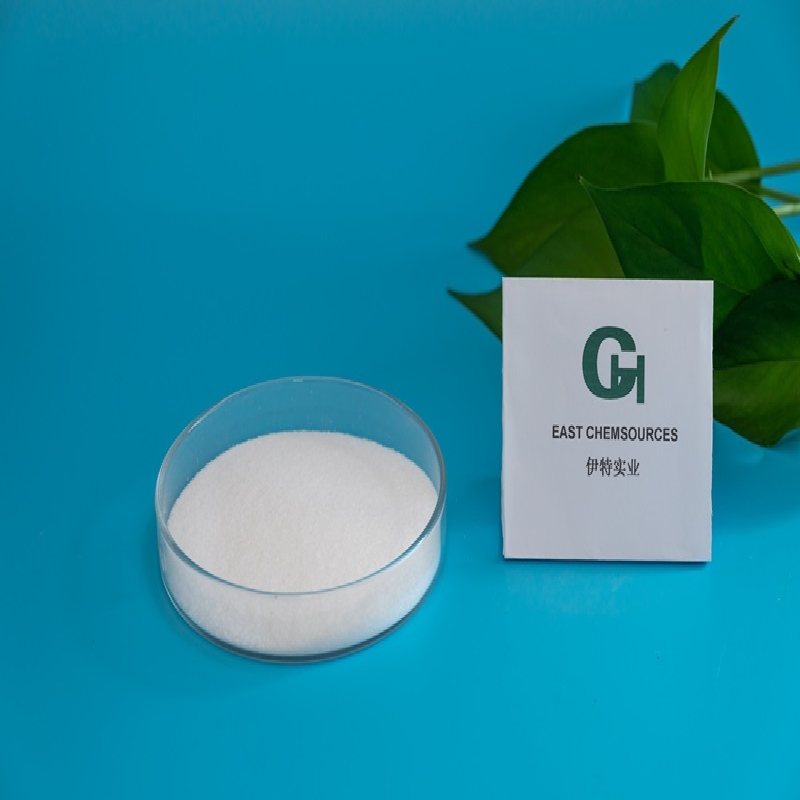-
Categories
-
Pharmaceutical Intermediates
-
Active Pharmaceutical Ingredients
-
Food Additives
- Industrial Coatings
- Agrochemicals
- Dyes and Pigments
- Surfactant
- Flavors and Fragrances
- Chemical Reagents
- Catalyst and Auxiliary
- Natural Products
- Inorganic Chemistry
-
Organic Chemistry
-
Biochemical Engineering
- Analytical Chemistry
- Cosmetic Ingredient
-
Pharmaceutical Intermediates
Promotion
ECHEMI Mall
Wholesale
Weekly Price
Exhibition
News
-
Trade Service
Abe's intestinal problems have been difficult to heal for nearly 50 years.
August 28, NHK reported that Abe planned to resign in order to avoid obstructing state affairs because of deteriorating health.
later, Reuters reported, citing people familiar with the matter, that Abe had decided to resign.
Abe resigned as prime minister in September 2007 due to ulcerative colitis, but senior members of the ruling Liberal Democratic Party have previously stressed that although Abe's condition appears to have deteriorated, he is now in rehab and is unlikely to resign.
japanese media earlier reported that Abe suddenly vomited blood at work, while others reported that Abe fainted and vomited on his way to work, with blood in his vomit.
is expected to find the new coronavirus at a news conference at the prime minister's official residence at 5 p.m. (4 p.m. Beijing time) on Friday, when Japanese Prime Minister Shinzo Abe will explain his health, which is said to be deteriorating and has become the focus of attention.
Abe traveled to Tokyo's Qingying University Hospital on August 24 and again after August 17.
prime minister's official residence that Abe was following a doctor's request to go to the hospital a week later.
Japan's Yomiuri Shimbnews newspaper quoted sources as saying Abe was in the hospital to receive a medical report.
Nippon TV quoted government and ruling party sources as saying Abe had gone to the hospital to treat chronic diseases, that ulcerative colitis may have worsened and that he had been treated in hospital.
abe has been suffering from ulcerative colitis since he was 17 years old and has not fully recovered, with a history of 48 years.
type of ulcerative colitis is a chronic inflammatory bowel disease caused by inflammation (swelling) of the large intestine.
(typical) symptoms include abdominal pain, diarrhea, and tiredness.
can cause endometrial ulcers in the colon and rectum.
symptoms include diarrhea, abdominal cramps, weight loss and fatigue, and the long-term risk of colon cancer is higher than in people without ulcerative colitis.
10 to 20 per 100,000 people per year.
the cause of ulcerative colitis is not yet known, and it is generally believed to work with genetic and immune system abnormalities, with the immune system attacking peptic cell ulcerative colitis peaking at 20 to 30 years of age and 60 to 70 years of age, respectively.
eating irregularly and stress can aggravate the condition.
may include an increased risk of colon cancer, vascular clots and colon perforation.
ulcerative colitis usually does not affect the entire layer of the large intestine wall and almost never affects the small intestine.
shallow ulcers in the affected large intestine.
unlike Crohn's disease, ulcerative colitis does not cause fistula or abscesses.
ulcerative colitis is currently incurable.
most patients with ulcerative colitis (symptoms) can be alleviated, while first- or second-line treatment has no response (ineffective) to the rest of the patients.
a large proportion of people are currently suffering from adverse effects.
treatment for ulcerative colitis is to control inflammation, reduce symptoms and replenish any fluids and nutrients lost.
treatment depends on the severity of the patient's symptoms.
although corticosteroid hormone therapy is used in moderate to severe patients, this is not a long-term treatment, as side effects may include bone loss, high blood pressure and weight gain.
standard drugs include 5-amino salginate (5-ASA), which is asacol's standard treatment, including Asacol.
Abe said he started taking the drug in 2009, when it was approved overseas by Japan.
Sacol spent more time on the Japanese market, I probably wouldn't be where I am today," Abe said in a 2013 speech.
side effects of the drug, also known as mesalamin, may include nausea, headache or vomiting.
rarely aggravates the symptoms of ulcerative colitis.
other treatments include immunosuppressant drugs that require careful supervision and are usually used only when the patient is not responding to other treatments.
treatment is surgical removal of the colon.
Medical Integrated Foreign News reported that Medical Shield Director Jack Source: MedSci Originals !-- Content Presentation Ends -- !-- Judge Whether Login Ends.







